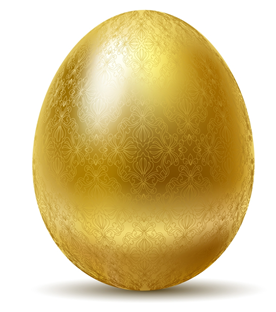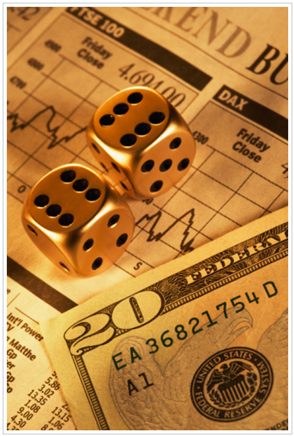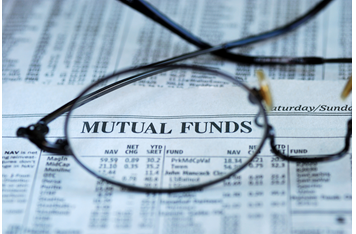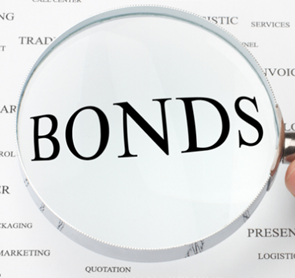Just What Are Certificates Of Deposit?
The best way to look at a certificate of deposit is with long term lenses.
Unlike stocks, CDs are not designed as a means to make a lot of money in a short period of time (or even a couple of years). Rather, they are structured to be a steady and dependable form of investment over a long period of time.
CDs are often compared to savings accounts.
However, while you can open a savings account with virtually any amount of money (with the intention of adding to it over time), a certificate of deposit usually requires a minimum investment; this is then locked and you can’t get access to it until it matures (more on this later).
Your deposit will have an interest rate attached to it and this is what it will essentially ‘earn’ over its lifetime. Once it reaches its maturity date you will get back your original capital coupled with the interest that has been accrued on the deposit.
- How to Buy Stocks and Invest in the Stock Market
- How To Get Started With Investing (Stocks, Bonds and Funds)
- Investing in a 401K Plan
Types of CDs
There are multiple types of CDs, but they all share similar fundamentals.
- Basic CDs: To start off you have the basic or traditional form of certificate of deposit.
This is what we talked about above; you pay x amount of money, agree to a fixed interest rate, wait until it matures and then you receive your deposit plus the interest.
- A ‘bump-up’ CD works a little differently. It still offers a set maturity date, but you can alter the interest rate once over its lifetime. For example: you deposit $20,000 in a bump-up certificate of deposit with a maturity date of 10 years.
It comes with a fixed rate of 1.08% per year. However, let’s assume that after 5 years the bank decides to offer this same CD investment with a 1.19% rate per year.
Normally you are locked into the original rate you agreed to, but with a bump-up rate you can choose to change your interest rate once over the term of your investment, and therefore receive the higher rate until it matures.
- Third, there is a liquid certificate of deposit. While the others penalize you for withdrawing either all or part of your deposit early (it usually means missing out on 6 months interest) you can take money out of this investment without any penalty.
However, they do come with downsides; one of which is a lower rate in return for flexibility.
- Finally you can find zero-coupon, brokered and callable certificates of deposit. The callable deposits generally offer higher rates of interest, but the bank can withdraw it at any time, giving you your original capital and any interest gained to that date.
The brokered COD goes through a brokerage rather than directly.
The zero-coupon COD doesn’t pay out any annual interest. Rather it takes the money you earn from the fixed rate and automatically reinvests it into your deposit.

Certificate of Deposit – Golden Nest Egg
- 12 Best Banks to Bank With | No Fees, High Yield Savings Accounts, Reviews
- Are Bonds a Good Investment? Should Investors Buy Bonds in 2014?
- Growth Investing for The Individual Investor (Growth Stocks)
Finding CD Rates
The biggest discrepancy between certificates of deposit isn’t so much the different types, but rather the rates for each one.
At the end of the day, the easiest way to get the best deal on any two or more items (whether it is certificates of deposit, savings accounts or a new TV) is to compare different prices and rates.
For instance, bankrate.com offers one of the most thorough comparison tools where you can find and compare rates on numerous types of certificates of deposit on a national or local level.
What makes a good certificate of deposit rate?
It depends on a lot of circumstances, but Ally Financial for instance offers a certificate of deposit, with no minimum investment and a 1.60% APY for 5 years.
- Is Gold Still a Good Investment? Or is it Time to Sell Gold and Buy Stocks?
- US Bank Routing Numbers. Quick Easy Guide | Understand Check Routing Number
- US Savings Bonds | Quick Guide for Average Investors
What Type of CD is Best for You?
If you don’t have a lot of money to invest or may need to use your funds in the near future, then a liquid CD with a short time frame might work best.
If you have a lot of money to invest and are looking for the highest rate of return, then a bump-up CD would probably be the best way to go.
It is all about perspective.
You aren’t going to make a financial killing with a certificate of deposit and it isn’t going to let you retire in 3 years; however it’ll provide you with a safe and low risk nest egg.
In addition to Certificates of Deposit, you might also want to consider Savings Bonds and also High Yield Checking and Savings accounts.
Alternatives to Certificate of Deposits
Below banks offer high yielding accounts that can be greater than CDs, and you can withdraw your money at any time without penalties.
- Ally Bank Reviews 2013 | Pros and Cons | Ally Online Checking, Savings
- Barclays Online Banking and High Yield Savings (UK) – Reviews | Complaints
- Credit One Bank Reviews | Pros and Cons | Rates, Complaints, Build Credit
- Capital One 360 Reviews | Pros, Cons | Rates, Savings, Checking, Online Bank
- GE Capital Retail Bank Reviews | Pros and Cons | Rates, Online Savings, CDs
- American Express Savings Review. Pros and Cons of Using Amex Savings Bank
– Alasdair S. and Ogbe Airiodion






